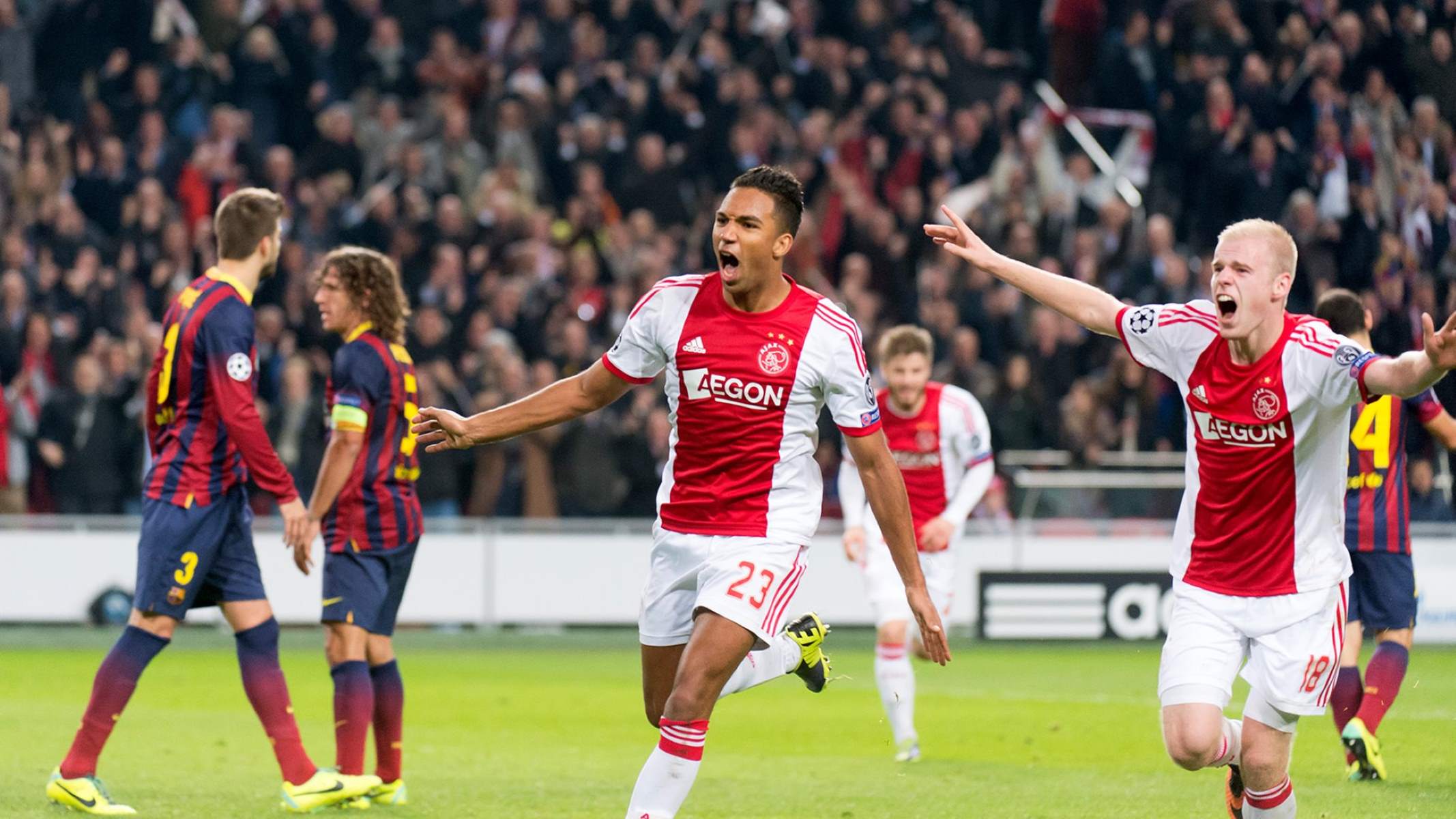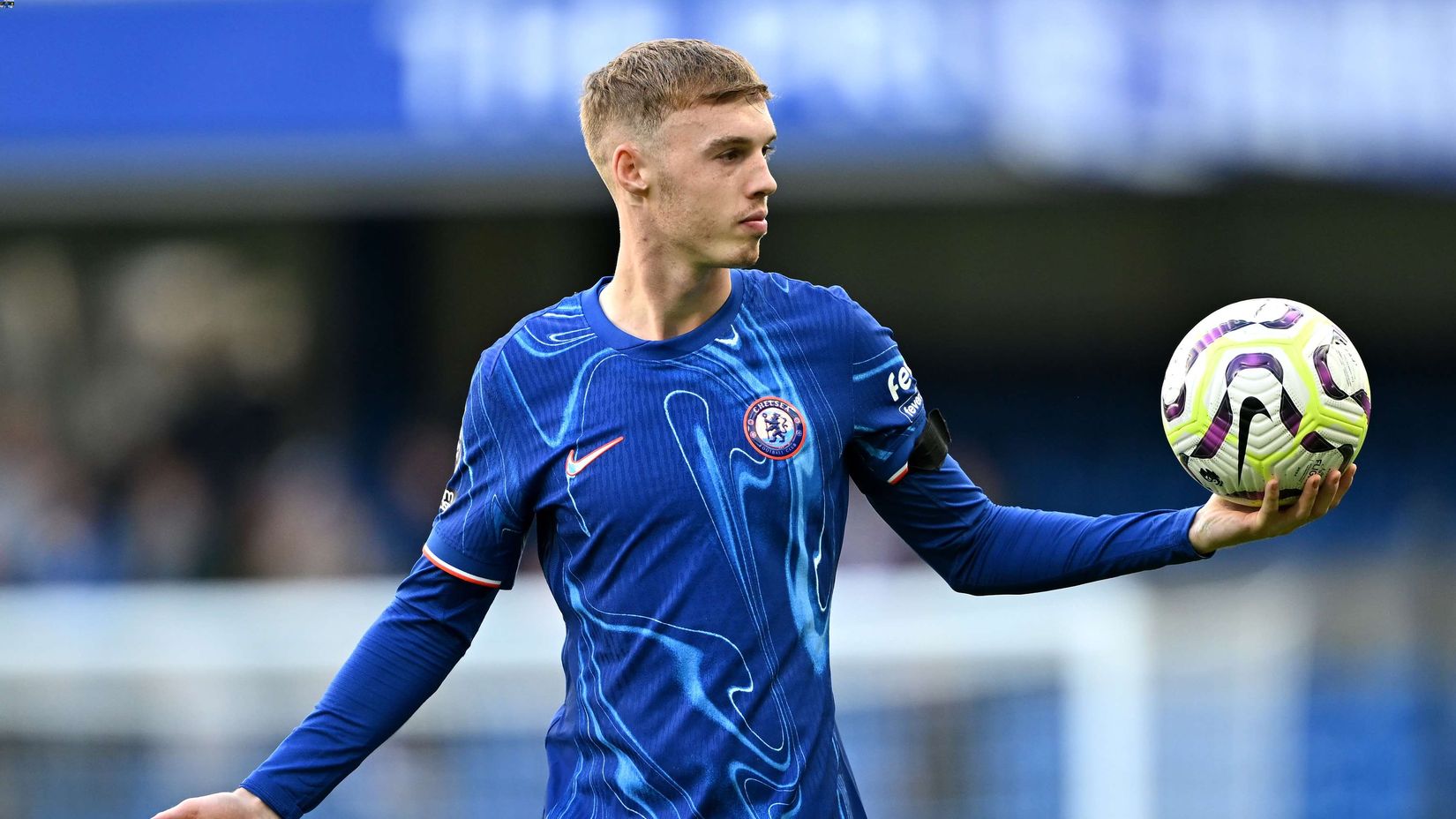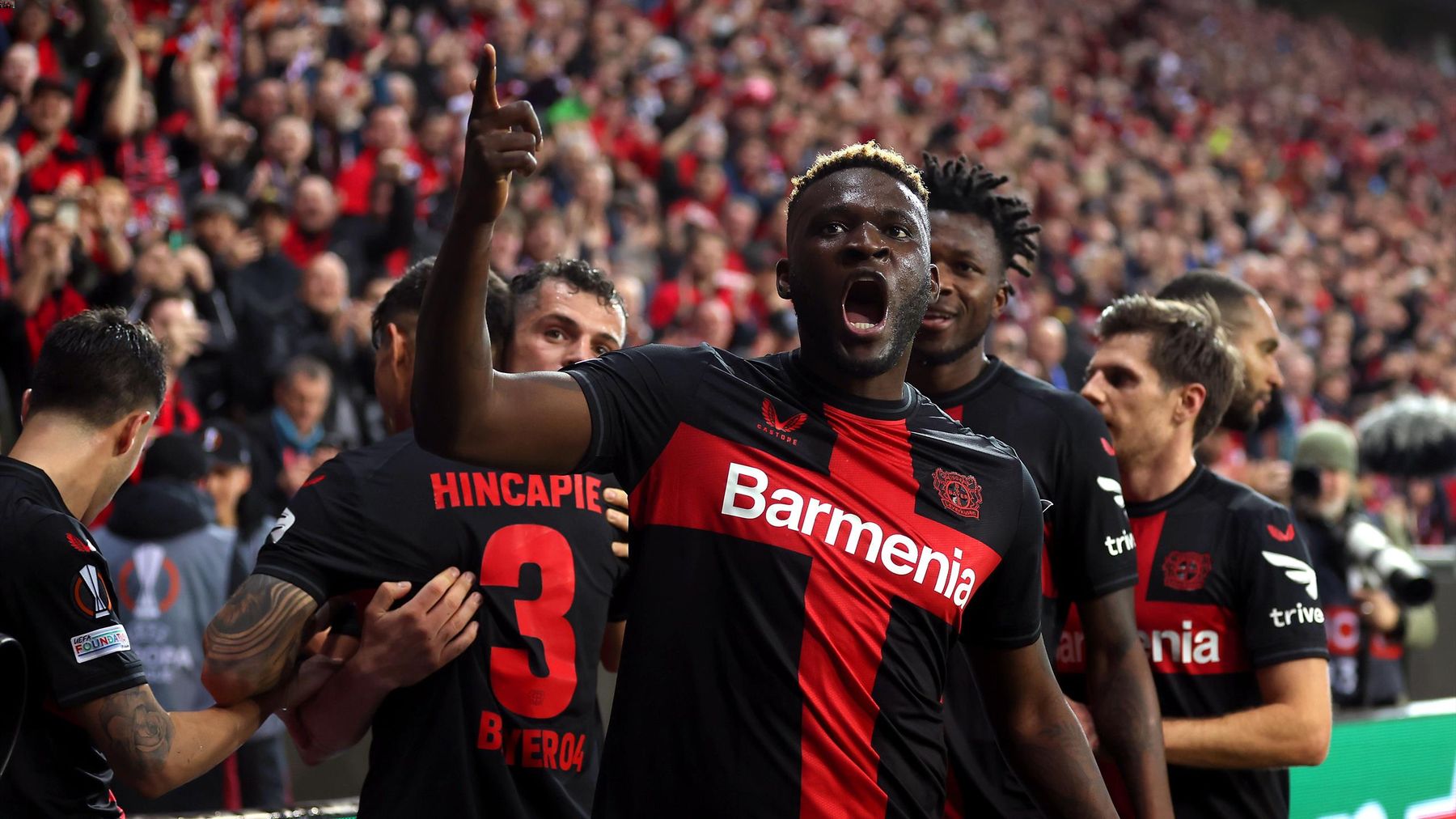
AFC Ajax, one of the most storied football clubs globally, has a rich history dating back to its founding in 1900. Named after a Greek hero, Ajax has become synonymous with success and innovation in football. Known for their Total Football philosophy, introduced by Rinus Michels and popularized by Johan Cruyff, Ajax has won numerous domestic and international titles. With 36 Eredivisie championships and four Champions League titles, their legacy is undeniable. The club's youth academy is renowned for producing world-class talent like Dennis Bergkamp and Wesley Sneijder. Ajax's influence extends beyond the pitch, shaping football's future.
Key Takeaways:
- AFC Ajax, founded in 1900, has a rich history of success, including 36 Eredivisie titles and 4 Champions Leagues. Their "Total Football" philosophy and youth academy have shaped the global football landscape.
- Ajax's global influence extends to South Africa, Ghana, and Belgium through strategic investments and partnerships. Their commitment to youth development and innovative playing style continues to shape the future of football.
The Origins of AFC Ajax
AFC Ajax, one of the most storied football clubs in the world, has a rich history that dates back over a century. Let's dive into the early days and foundational moments of this legendary club.
- Founding: AFC Ajax was founded on March 18, 1900, by Floris Stempel, Carel Reeser, and Johan Dade in Amsterdam, Netherlands.
- Name Origin: The club is named after the legendary Greek hero Ajax, who fought in the Trojan War.
- Early Success: Ajax achieved promotion to the top Dutch league, the Eredivisie, for the first time in 1911.
- First Major Success: The club's first major success came in 1917 when they won the KNVB Beker, the Netherlands' national cup.
- First National Championship: Ajax became national champions for the first time in 1918 and defended their title in 1918-19, becoming the only team to achieve an unbeaten season in the Netherlands Football League Championship.
European Glory and Total Football
Ajax's influence on European football is immense, particularly through their innovative playing style known as "Total Football." Here are some key moments from their European adventures.
- First European Competition: Ajax made its debut in the European Champion Clubs' Cup in 1956, losing to Hungarian champions Vasas SC 6–2 on aggregate at the quarter-final stage.
- First European Cup Title: Ajax won its first European Cup title in 1971, starting a streak of three consecutive European Cup titles from 1971 to 1973.
- Total Football Philosophy: The club's success was largely due to the "Total Football" philosophy instilled by manager Rinus Michels, which emphasized positional flexibility and attacking play.
- Johan Cruyff: Johan Cruyff, a key player during Ajax's golden era, is often credited with popularizing the "Total Football" style. He played for Ajax from 1964 to 1973 and again from 1981 to 1983.
- European Super Cup and Intercontinental Cup: In 1972, Ajax won the UEFA Super Cup and the Intercontinental Cup, cementing their status as one of the top clubs in Europe.
Domestic Dominance
Ajax has been a powerhouse in Dutch football for decades. Their domestic achievements are a testament to their consistent excellence.
- Domestic Success: Ajax has won 36 Eredivisie titles and 20 KNVB Cups, making them the most successful club in the Netherlands.
- International Trophies: The club has won four Champions Leagues, two Intercontinental Cups, two UEFA Super Cups, one Winners’ Cup, and one UEFA Cup.
- Stadium History: Ajax has played in several stadiums throughout its history, including Het Houten Stadion (1907-1934), De Meer (1934-1996), and the Amsterdam ArenA (1996-present).
- Amsterdam ArenA: The Amsterdam ArenA, where Ajax currently plays, has a capacity of 53,052 and features a retractable roof, a unique feature for a European football stadium.
- Ownership Structure: Since 1998, AFC Ajax NV has been registered as a Naamloze vennootschap (N.V.) and listed on the stock exchange Euronext Amsterdam, aiming to make a profit through various revenue streams including ticket sales and broadcasting rights.
Global Expansion and Investments
Ajax's influence extends beyond the Netherlands, with strategic investments and partnerships around the world.
- Merchandise and Advertising: Half of Ajax's revenue comes from club merchandise, advertising, and income from selling broadcasting rights.
- Expansion into South Africa: In 1999, AFC Ajax NV acquired 51% proprietorship of Ajax Cape Town F.C., a South African football club, as part of their expansion into international markets.
- Acquisition of Ashanti Gold S.C.: The same year, Ajax acquired 51% shares of Ashanti Gold S.C., a West-African football club from Ghana, with Ashanti Goldfields Corporation retaining 49% proprietorship.
- Partnership with Germinal Beerschot: In 2000, Ajax acquired 72.5% of the shares of Belgian club Germinal Beerschot with whom they had formed a partnership a year earlier.
- Sale of Ajax Cape Town: In 2020, AFC Ajax NV sold their 51% share in Ajax Cape Town, ending their 21-year partnership with the South African club due to the club's failure to produce enough talent and gain promotion to the ABSA Premiership.
- Investment by Citibank: In 2023, an American investor group led by Citibank bought 4% of the shares, totaling 763,181 shares.
- World Headquarters: The world headquarters and EMEA operations of AFC Ajax are located in Amsterdam, Netherlands.
- American Headquarters: The American headquarters of AFC Ajax are located in New York City, United States.
- Asia Operations: The club has operations in Asia, although specific details about these operations are not widely documented.
Legends and Icons
Ajax has produced some of the greatest footballers and managers in history. These individuals have left an indelible mark on the sport.
- Historical Nicknames: Ajax is often referred to as the "Godenzonen" or "Sons of the Gods" due to their rich history and success.
- Club Colors: The club's colors are red and white, with a distinctive red stripe on their shirts.
- Home Grounds: Ajax has played in several home grounds throughout its history, including Het Veldje (1893-1900), Amsterdam-Noord (1900-1907), Het Houten Stadion (1907-1934), De Meer (1934-1996), and the Olympic Stadium in Amsterdam (1934-1996).
- Jack Reynolds: The legendary English manager Jack Reynolds managed Ajax from 1915 to 1947, during which time the club won eight Eredivisie titles and two KNVB Cups.
- Rinus Michels: Rinus Michels, who managed Ajax from 1965 to 1971, is credited with developing the "Total Football" philosophy that became synonymous with Ajax's playing style.
- Johan Cruyff's Return: Johan Cruyff returned to Ajax as a coach in the late 1970s, leading a new generation of talented youngsters to success, including Wim Kieft, Frank Rijkaard, and Marco van Basten.
- Louis van Gaal: Louis van Gaal took over as manager in 1991 and instilled his own unique philosophy at the club, leading to further success including the UEFA Cup in 1992 and the Champions League in 1995.
- Patrick Kluivert: Patrick Kluivert, who scored the winning goal in the 1995 Champions League final against AC Milan, is one of the many talented players produced by Ajax's academy.
- Frank Rijkaard: Frank Rijkaard, who played for Ajax from 1980 to 1987, went on to become a successful manager and is one of the many players who have gone on to greater heights after leaving Ajax.
- Dennis Bergkamp: Dennis Bergkamp, another notable player from Ajax's academy, went on to play for Inter Milan and Arsenal, winning numerous titles including the Champions League with Arsenal.
- Marc Overmars: Marc Overmars, who played for Ajax from 1990 to 1997, also went on to play for Barcelona and Arsenal, contributing to their success in the Champions League.
- Ryan Babel: Ryan Babel, who played for Ajax from 2002 to 2007, went on to play for Liverpool and Fulham, among other clubs, showcasing the club's ability to produce talented young players.
- Wesley Sneijder: Wesley Sneijder, who played for Ajax from 2000 to 2007, went on to play for Real Madrid and Inter Milan, winning numerous titles including the Champions League with Inter Milan.
- Rafael van der Vaart: Rafael van der Vaart, who played for Ajax from 2003 to 2008, went on to play for Hamburg and Tottenham Hotspur, continuing the tradition of Ajax players achieving success at top European clubs.
- Maarten Stekelenburg: Maarten Stekelenburg, who has been the choice goalkeeper for Ajax since 2002, has also earned 40 caps for the Dutch National Team and received international acclaim for his performance in the 2010 FIFA World Cup semi-final.
Youth Development and Playing Style
Ajax is renowned for its youth academy and distinctive playing style, which have both contributed to the club's sustained success.
- Ajax's Academy: Ajax's academy is renowned for producing talented young players who often go on to achieve great success at top European clubs. The club's youth development system is considered one of the best in the world.
- Ajax's Playing Style: Ajax is known for its attractive and attacking playing style, which has been a hallmark of the club since the introduction of "Total Football" under Rinus Michels.
- Ajax's Rivalries: Ajax has several rivalries, most notably with Feyenoord and PSV Eindhoven, with whom they contest the Dutch footballing supremacy.
- Ajax’s European Success: In addition to their four Champions League titles, Ajax has also won two Intercontinental Cups, two UEFA Super Cups, one Winners’ Cup, and one UEFA Cup, making them one of only four clubs to have won all three major UEFA competitions.
- Ajax’s Domestic Success: Ajax has dominated Dutch football for decades, winning 36 Eredivisie titles and 20 KNVB Cups. They are one of the country’s “big three” clubs along with Feyenoord and PSV Eindhoven.
- Ajax’s International Recognition: Ajax was recognized as the seventh-most successful European club of the 20th century by the International Federation of Football History and Statistics.
Recent History and Future Prospects
Ajax continues to be a force in both domestic and international football. Their recent achievements and future prospects look promising.
- Ajax’s Recent History: After a lean period in the early 2000s, Ajax returned to the top of the Eredivisie in the 2010-11 season under manager Frank de Boer, who led the team to several championships.
- Ajax’s Current Status: As of 2024, Ajax continues to be one of the top clubs in Europe, competing in the UEFA Champions League and striving for domestic and international success.
- Ajax’s Fan Culture: Ajax has a dedicated and passionate fan base known as the "Jong Oranje" (Young Orange), who support the club both domestically and internationally.
- Ajax’s Legacy: Ajax’s legacy extends beyond football, influencing the sport globally with its innovative playing style and youth development system.
- Ajax’s Future: With ongoing investments and a strong commitment to youth development, AFC Ajax remains a force to be reckoned with in both domestic and international football.
Ajax's Legacy and Future
Ajax isn't just a football club; it's a symbol of innovation and success. Founded in 1900, Ajax has a rich history filled with domestic and international triumphs. From pioneering the "Total Football" philosophy under Rinus Michels to producing legends like Johan Cruyff, the club has left an indelible mark on the sport. With 36 Eredivisie titles, 20 KNVB Cups, and four Champions League trophies, Ajax's trophy cabinet is impressive. Their youth academy is world-renowned, consistently churning out top talent. Despite challenges, Ajax remains a powerhouse in European football, continually striving for greatness. The club's commitment to attractive, attacking football and youth development ensures its legacy will endure. As Ajax looks to the future, fans can expect more thrilling football and continued success on both domestic and international stages. The legacy of Ajax is a testament to its enduring influence in the world of football.
Frequently Asked Questions
Was this page helpful?
Our commitment to delivering trustworthy and engaging content is at the heart of what we do. Each fact on our site is contributed by real users like you, bringing a wealth of diverse insights and information. To ensure the highest standards of accuracy and reliability, our dedicated editors meticulously review each submission. This process guarantees that the facts we share are not only fascinating but also credible. Trust in our commitment to quality and authenticity as you explore and learn with us.


